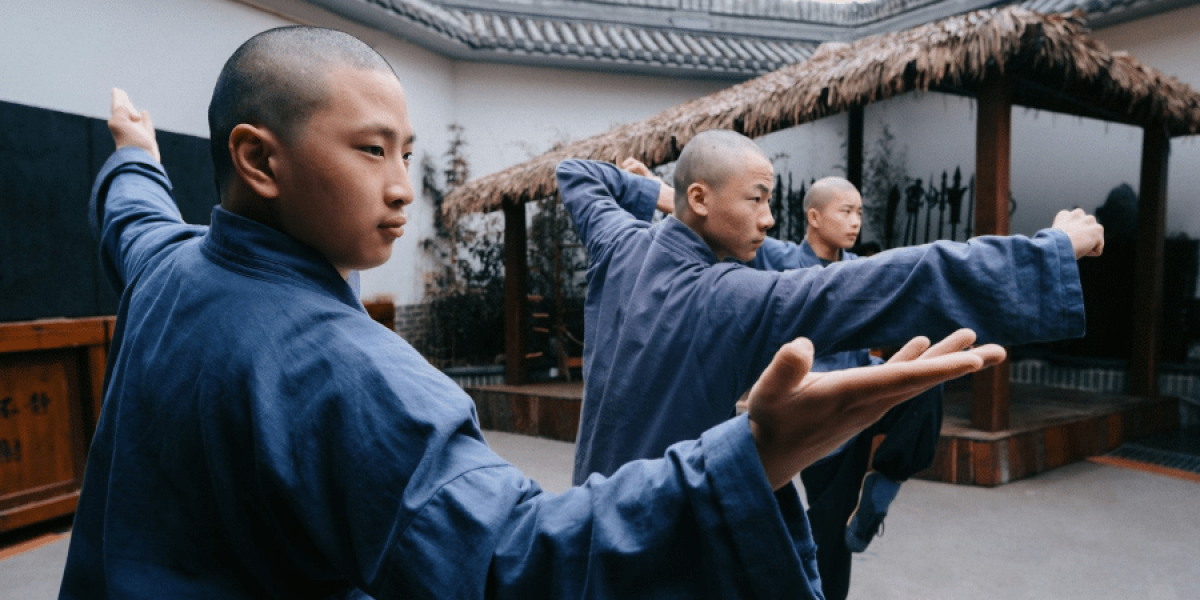Kung fu films have captivated audiences around the world for decades, transcending cultural boundaries and becoming a staple of entertainment in both Eastern and Western markets. From the iconic martial arts action sequences to the colorful characters and captivating storylines, kung fu films have left an indelible mark on the world of cinema. In this article, we’ll explore how kung fu films rose from humble beginnings to become a beloved genre embraced by audiences of all ages and backgrounds.
Kung fu films trace their roots back to China’s rich history of martial arts traditions, which date back thousands of years. Martial arts were originally developed as a form of self-defense and combat training, but over time, they evolved into a highly stylized and artistic expression of physical prowess and spiritual discipline. The principles of kung fu emphasize balance, harmony, and self-improvement, making them not only effective fighting techniques but also profound philosophical and cultural practices.
The early pioneers of kung fu cinema laid the groundwork for the genre’s popularity and influence. Filmmakers like King Hu and Chang Cheh in Hong Kong and Bruce Lee in both Hong Kong and Hollywood helped popularize kung fu films in the 1960s and 1970s. These filmmakers combined traditional martial arts techniques with innovative storytelling and cinematography to create visually stunning and emotionally gripping films that captivated audiences worldwide.
One of the key factors contributing to the rise of kung fu films was the globalization of cinema in the latter half of the 20th century. As kung fu films gained popularity in Asia, they also began to attract attention in Western markets, thanks in part to the efforts of pioneering filmmakers like Bruce Lee. Lee’s groundbreaking film “Enter the Dragon” (1973) became a global phenomenon and introduced kung fu cinema to a mainstream Western audience for the first time.
The success of “Enter the Dragon” paved the way for a wave of kung fu films to hit theaters around the world, sparking a craze for martial arts cinema that continues to this day. Filmmakers like Jackie Chan, Jet Li, and Donnie Yen further popularized the genre with their unique blend of high-flying action, comedic flair, and charismatic performances. The choreographed fight scenes and acrobatic stunts featured in these films became iconic symbols of kung fu cinema and inspired countless imitators and admirers.
In addition to their entertainment value, kung fu films have also played a significant role in shaping cultural perceptions and promoting awareness of Chinese martial arts traditions. These films often explore themes of honor, justice, and redemption, while also showcasing the physical and mental discipline required to master the art of kung fu. Through their portrayal of skilled martial artists overcoming adversity and triumphing over evil, kung fu films have inspired generations of viewers to embrace the values of courage, perseverance, and self-discipline.
In recent years, kung fu films have continued to evolve and adapt to changing audience tastes and preferences. While traditional martial arts epics remain popular, filmmakers have also experimented with blending the genre with other genres such as comedy, fantasy, and science fiction. This diversification has helped kung fu films appeal to a broader audience while still retaining their unique identity and cultural heritage.
The influence of kung fu cinema extends beyond the silver screen and into various other forms of media and entertainment. Kung fu-inspired video games, television shows, comic books, and merchandise have all contributed to the enduring popularity of the genre and its iconic imagery. Additionally, kung fu films have inspired generations of filmmakers, artists, and performers to pay homage to the genre through tributes, references, and homages in their own work.
In conclusion, kung fu films have become a staple of entertainment thanks to their thrilling action sequences, memorable characters, and timeless themes. From their humble beginnings in Chinese cinema to their global popularity today, kung fu films continue to captivate audiences and inspire admiration for the rich cultural heritage of Chinese martial arts. Whether you’re a fan of classic Shaw Brothers epics or modern-day blockbusters, there’s no denying the enduring appeal and influence of kung fu cinema in the world of entertainment.








